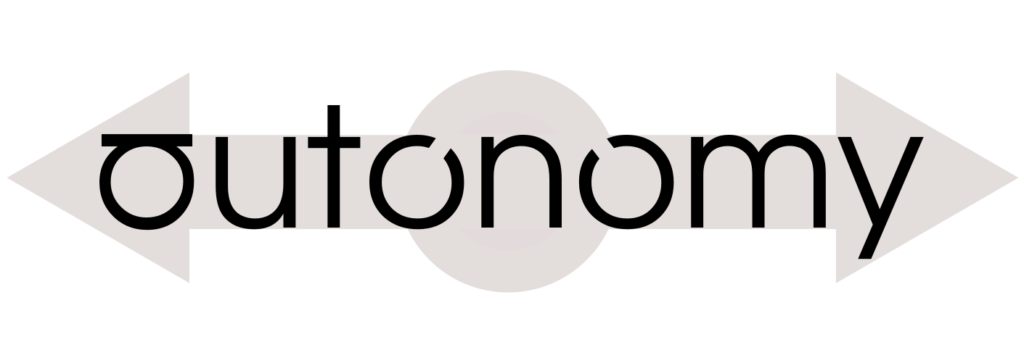On Tuesday 9 March 2021, at 11:30. To participate, please contact: guglielmo.militello@ehu.eus
“Autoorganización como propiedad de nivel. Una visión reduccionista no eliminativista de la perspectiva organizacional” [The presentation will be in Spanish]
ABSTRACT:
El comportamiento de los sistemas complejos se ha abordado en muy diferentes disciplinas desde enfoques que apelan a la autoorganización como una propiedad clave de ciertas entidades. Una de las propuestas actuales más influyentes se basa en la idea de cierre organizacional, esto es, un tipo de organización característico de entidades como los seres vivos en el que puede identificarse un cierre de constricciones que da lugar a propiedades con poderes causales que determinan el automantenimiento. Estas propiedades son consideradas usualmente como emergentes. En este trabajo se defiende que,
aunque esta idea de cierre organizacional tiene una valiosa capacidad explicativa, no conlleva necesariamente la asunción de un emergentismo ontológico. Desde una perspectiva que parte de la noción de cuasi-descomponibilidad de Herbert Simon, en este trabajo se desarrolla una caracterización de la idea de cierre organizacional como principio explicativo compatible con una interpretación ontológica reduccionista, en tanto en cuanto no precisa de la postulación de propiedades emergentes, pero también epistemológicamente no eliminativista, pues entiende que la noción de cierre de constricciones tiene un irrenunciable valor heurístico para el discurso biológico.


